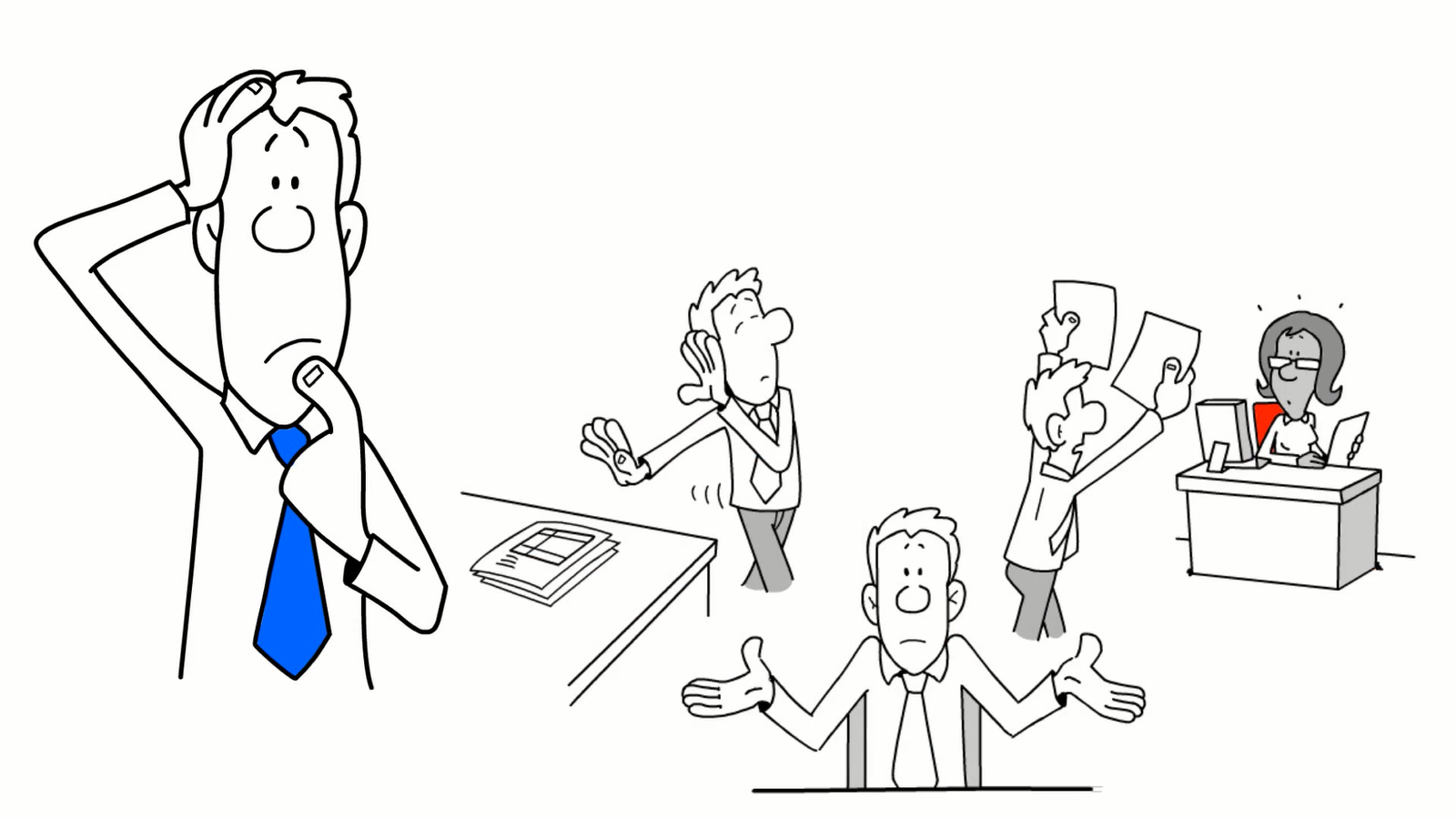|

Add One Thing to Be a Happier CEO
Too many CEOs struggle with making decisions for the organizations they lead. How can decision-making quality improve? What makes someone a better decision maker? How do unmade decisions impact our emotional health? There is a way to improve decision-making and become happier as a CEO.
No healthy CEO is immune to emotional consideration when making difficult decisions. Sociopaths (known as anti-social personality) may be able to divorce feelings from decisions; however, for the rest of us, it just is not that easy. When emotion prevents or more commonly delays critical decisions, the CEO and the organization suffer. When you are at the top of an organization as the business owner or the CEO, accountability for poor decision-making is often delayed having an acute impact on
choices. In other words, unless the business fails or the CEO gets fired, there is no immediate consequence for a delayed or deferred decisions other than the metal and physical health of the CEO. "It is common for CEOs to rely on intuition when making decisions"
Dr. Antonio Damasio suggests that when people believe they are making a rational decision, the real choice is emotional. It is common for CEOs to rely on intuition when making decisions by using terms such as experience or tenure. Harvard Professor, Jennifer Lerner’s research finds that using intuition and emotion as a basis for critical decision-making often leads to bad choices.
Deferring a decision is still a decision. When CEOs decide to postpone a decision, others are affected by the indecision. From the complex to the very simple, we make decisions daily. We also choose to postpone decisions thinking we are pondering or considering how to act. Decision making is not two-dimensional; do this or do that. It is three-dimensional; do this or do that or do nothing. There is a consequence for all of these perspectives, and
there are results for all three decisions. A shortage of workers is fertile soil for indecision
In my CEO coaching practice, deferring decisions is very common. Underperformers depend on indecision for their very existence in some organizations. They are betting the CEO would prefer to tolerate mediocre (or low) performance than deal with them directly or hold them accountable. Ironically, many are winning this bet. A shortage of workers is fertile soil for indecision regarding people.
For the decision maker, temporary pain avoidance is often followed by long-term chronic organizational pain that can be felt by everyone else on the team. In other words, underperformers often cause discomfort for an entire group. The longer the pain is allowed to continue, the less likely the decision maker is respected by the organization. This lack of respect leads to more pressure, stress, and self-doubt.
Rational decision-making should remove our natural emotional bias. It uses a framework of objective data, logic, and analysis instead of subjectivity and intuition. It’s a step-by-step model to identify a problem, pick a solution between multiple alternatives, and find an answer according to Clifford Chi.
Waiting for a sure thing may cause the opportunity to be lost.
When asked, CEOs know that rational decision-making is better than emotional decision-making. However, rationally based decisions do not account for the vast gray area between two choices. Intuition becomes critical when the answers are not binary. Waiting for a sure thing may cause the opportunity to be lost. When Tiger Woods chooses a club for a shot, there is no certainty to the outcome. He must make a decision that sets in motion a series of future decisions. Business is no different.
When a CEO makes a right or wrong decision, there are a series of new choices and outcomes to be made. We learn incrementally from previous decisions and... Read More...

Leading the Tribes Video
Leading the Tribes Training - Book my 1-day class at your location for managers and supervisors.
Leading the Tribes Keynote Speech - Book my 1-hour speech for your event.
Call (903) 295-7400 Today!
-------------------------------
Keeping Top Talent Video

-----------------------------

Need a Keynote Speaker?

I'm always amazed at how fun you can make learning!
Tessa Conrad, Pak-Sher
Your excitement and energy as a speaker is amazing. Hearing you speak on your years of experience and insights on leadership and generational change was very relevant and something that we can all learn from and apply to our organizations.
Cliff McDaniel, Louisiana CPA Oil and Gas Conference
It was the best presentation that I have attended so far, You are the best speaker ever . I am so impressed that I have ordered 2 of your books on Amazon. So thank you for making a difference in people’s personal and professional lives.
Lovely Chandla, Hilton
John Grubbs' keynote message is powerful! John is able to clearly convey his knowledge and foresight on the generational changes that affect ALL of us. I had many A-ha moments with his vivid examples. We continue to talk about what his message taught us to this day. You will have to reach for a tissue to wipe tears of emotion and laughter. John's message is memorable and inspirational!
Maria Gallegos, Texas Chemical Council
Call John Grubbs (903) 295-7400


|






